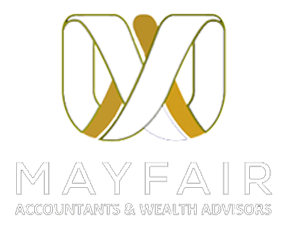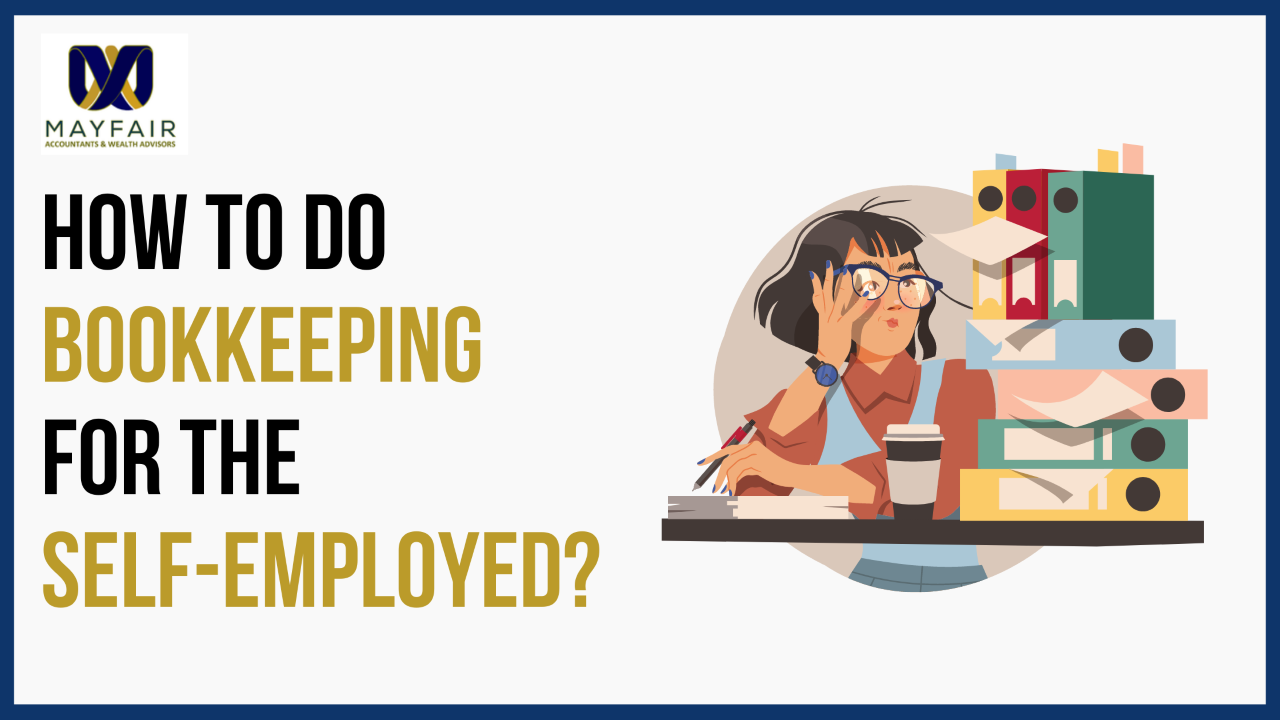When you are self-employed, bookkeeping can seem like a daunting task. However, it is important to keep track of your income and expenses in order to file your taxes correctly. Here are some tips on how to do bookkeeping for the self-employed.
1) Keep a record of your income and expenses. This includes any money you earn from your business, as well as any expenses you incur in running your business. It is important to be accurate and honest when recording your income and expenses, as this information will be used to file your taxes.
2) Use good accounting software. There are many different types of accounting software available, so choose one that is suited for your needs. Software such as QuickBooks Pro or Xero can make bookkeeping quick and easy, offering real-time updates on your financial status.
3) Make use of the business tools that are available to you. Examples of this include using an official address for your business, claiming legitimate deductions on your taxes, receiving clients’ invoices electronically, receiving payments through electronic transfers etc. Doing so will help to keep track of your business income and expenses in a more efficient manner.
With proper bookkeeping, it is much easier to file your taxes correctly because you have all the information readily available. It also helps save time when filing because you won’t have to look for files or receipts every year when April comes around!
How do I keep track of income when self-employed?
When you are self-employed, it is important to track all of your income. This includes any money you earn from your business, as well as any other income you may have (such as rental income, investment income etc.). Keep in mind that it is important to be accurate and honest when tracking your income, as this information will be used to file your taxes.
One way to track your income is to use accounting software. There are many different types of accounting software available, so choose one that is suited for your needs. Software such as QuickBooks Pro or Xero can make bookkeeping quick and easy, offering real-time updates on your financial status.
Another way to track your income is to make use of the business tools that are available to you. Examples of this include using an official address for your business, claiming legitimate deductions on your taxes etc. Doing so will help to keep track of your income in a more efficient manner.
When do I do book keeping for the self-employed?
Bookkeeping has to be done at least once a year for the self-employed. There is usually no specific time when you need to do it; however, whenever you feel necessary is fine! Whether it’s late December or early January, track all your income and expenses throughout the year. This way, when April rolls around (or whatever month you file your taxes), filing them will be quick and easy!
What are the steps in bookkeeping?
There are many different events that can be used to trigger a bookkeeping event, including receiving an invoice or payment from a client, making purchases of new supplies, etc. Once you have started your bookkeeping process, it is important to record all of your income and expenses. This includes anything that you want to claim on your taxes (such as business expenses, charitable donations, etc.). Finally, it is important to record any transfers of money between accounts. It is these 3 basic steps that form the basis of all accounting systems!
What is the difference between a bookkeeping system and an accounting system?
Bookkeeping systems are used to track all of your income and expenses. The money you have earned from your business as well as any other income that you may have is tracked using a bookkeeping system. This information will be used to prepare reports at the end of the accounting period (usually one year). These reports include balance sheets, profit & loss statements, etc., which can then be given to your accountant when filing your taxes! An accounting system keeps track of how much money goes in and out of various accounts throughout the financial cycle.
Can I outsource my bookkeeping?
Of course, YES!
Outsourcing your bookkeeping is a great way to save time and resources. By hiring a bookkeeping service, you can ensure that all of your financial data is accurately tracked and recorded. This will help to keep your business organized and efficient, as well as making tax season less stressful! There are many different companies that offer bookkeeping services, so be sure to do your research before deciding on one.
In today’s day and age, technology has made it easier than ever for businesses to keep track of their income and expenses. By using accounting software or by taking advantage of the various tools and services available to you, it is easy to stay organized and efficient. Keep in mind that bookkeeping should be done at least once a year, in order to ensure that your financial data is accurate. When April rolls around, you’ll be glad you took the time to track your income and expenses!
What are the top 5 self-employed bookkeeping tips?
1. Use accounting software to keep track of your income and expenses.
2. Make use of the business tools that are available to you, such as an official address or claiming deductions on your taxes.
3. Track all income and expenses throughout the year, in order to make tax season less stressful.
4. Outsource your bookkeeping for ease and efficiency.
5. Keep in mind that bookkeeping should be done at least once a year in order to ensure the accuracy of financial data!
The software can make bookkeeping quick and easy, offering real-time updates on your financial status. Another way to track your income is to make use of the business tools that are available to you, such as an official address or claiming deductions on your taxes.
Whether it’s late December or early January that fits best into your schedule, it is important to track all your income and expenses throughout the year in order to make filing taxes less stressful! Finally, bookkeeping should be done at least once a year so that when April comes around (or whatever month you file your taxes), filing them will be quick and easy!
Need further help?
If you are unsure how this process works, or if you have any concerns about what your company’s future is likely to be, don’t hesitate to get in touch with the team today on +44 (0) 20 7060 5015 or email us @info@mayfairwealthadvisors.co.uk



